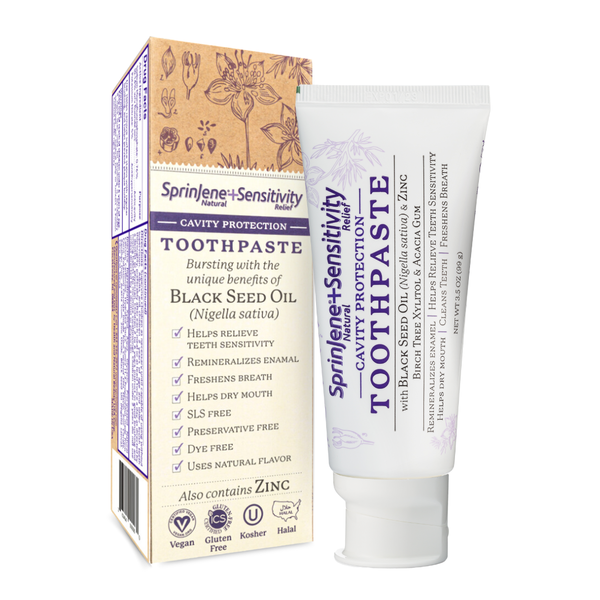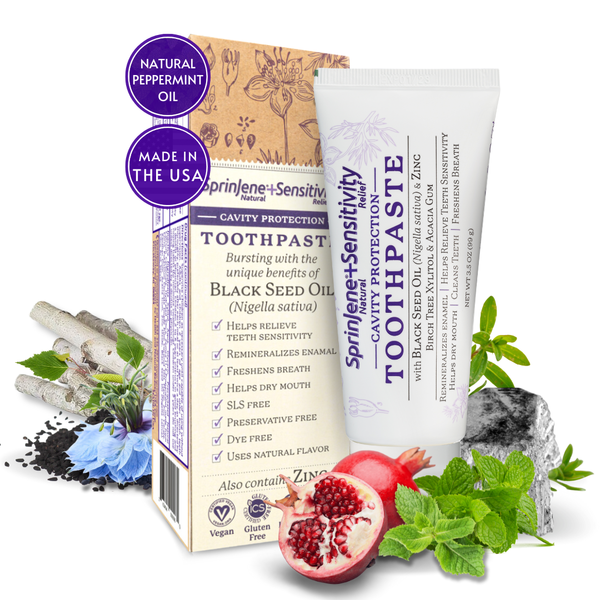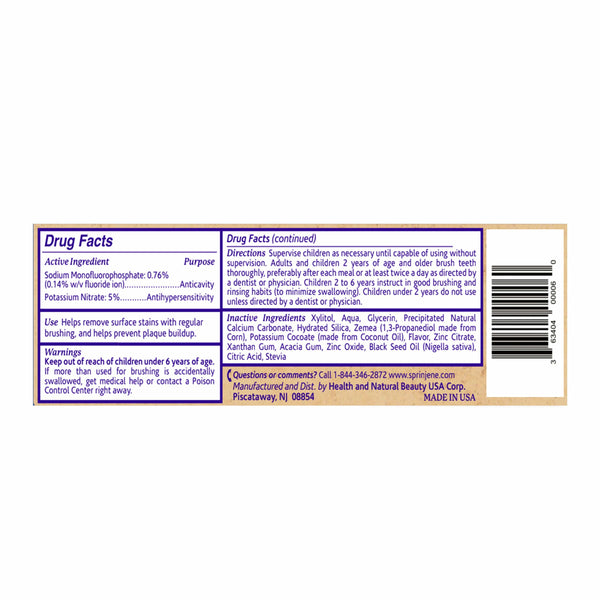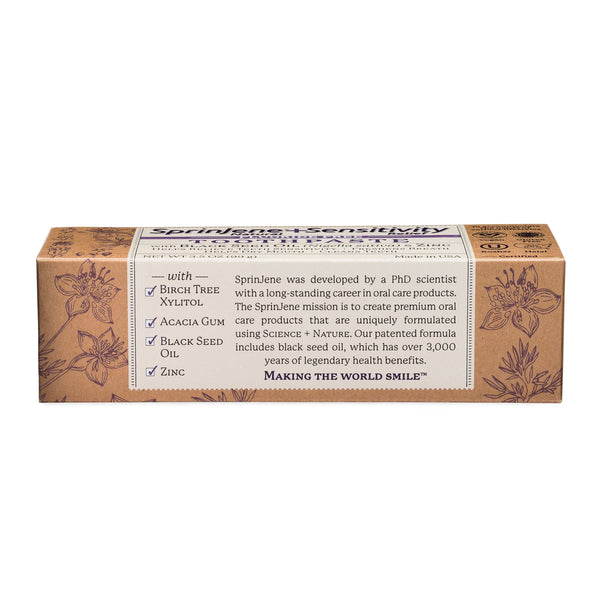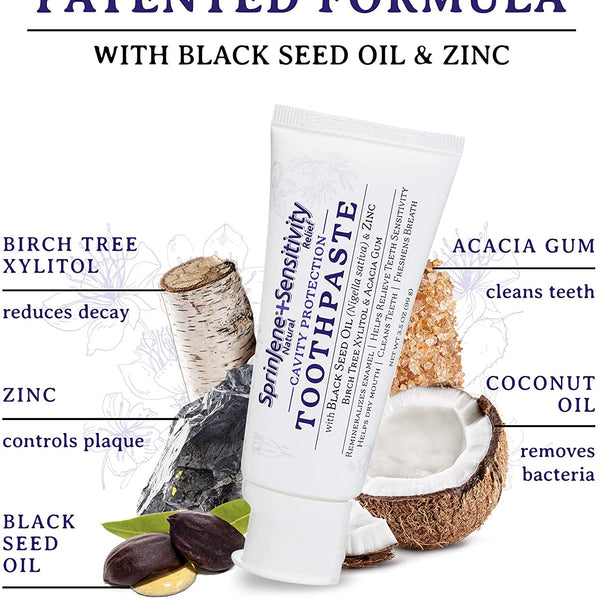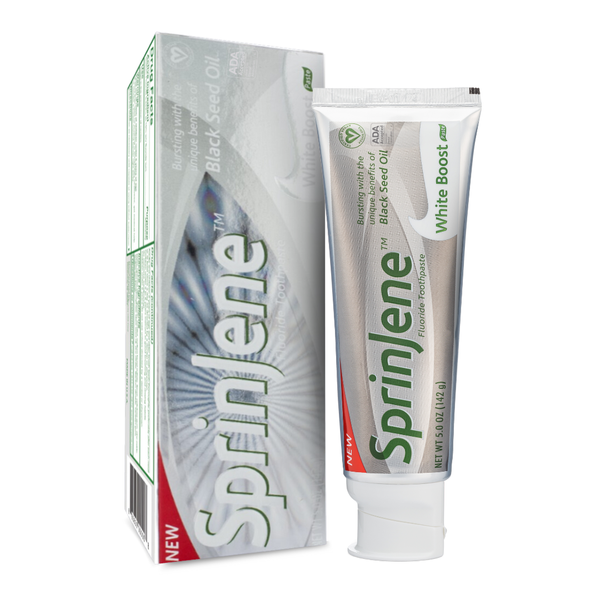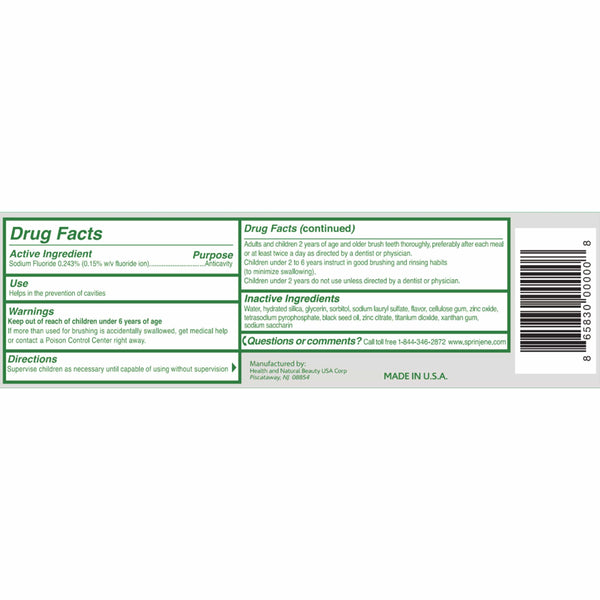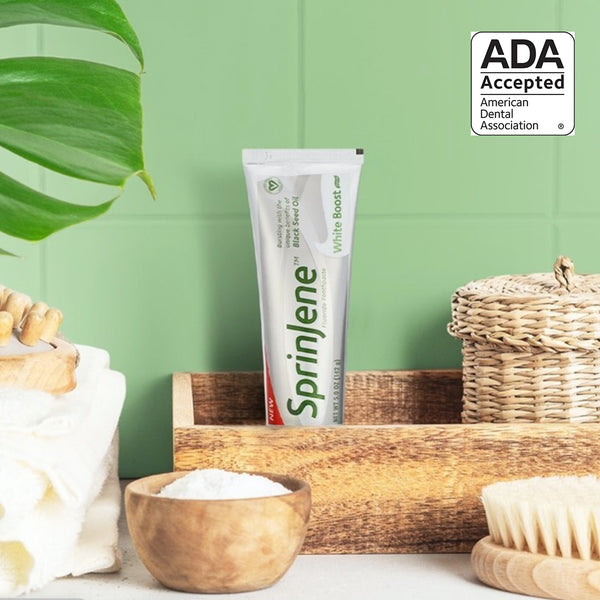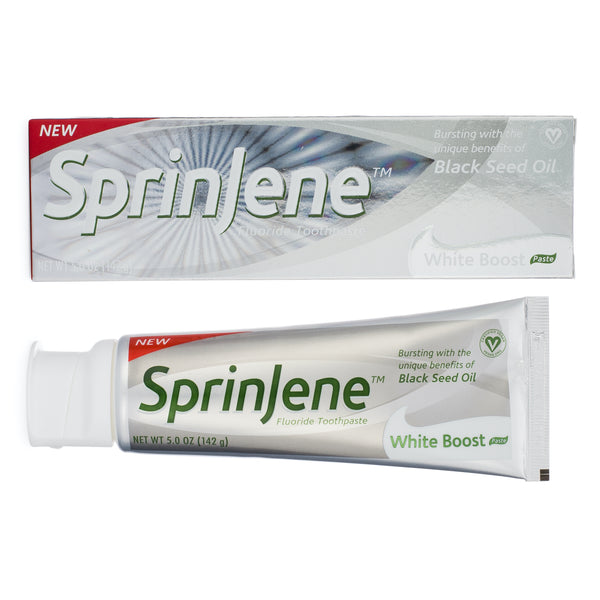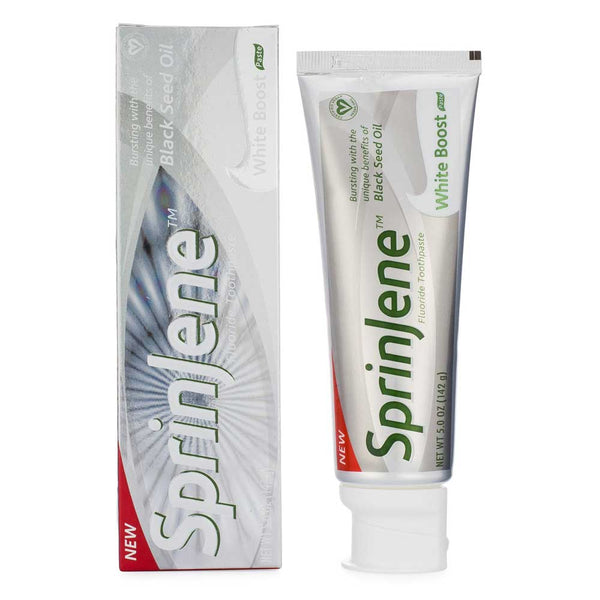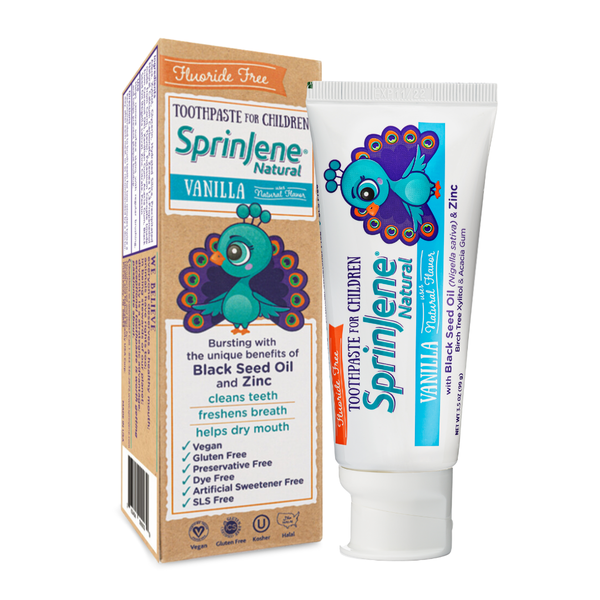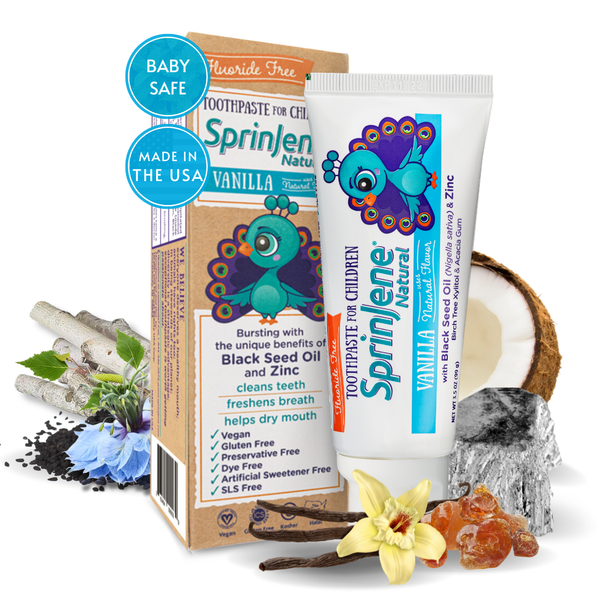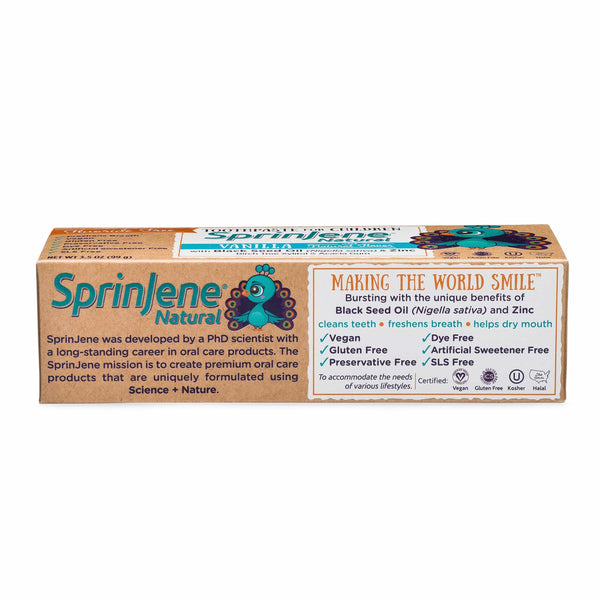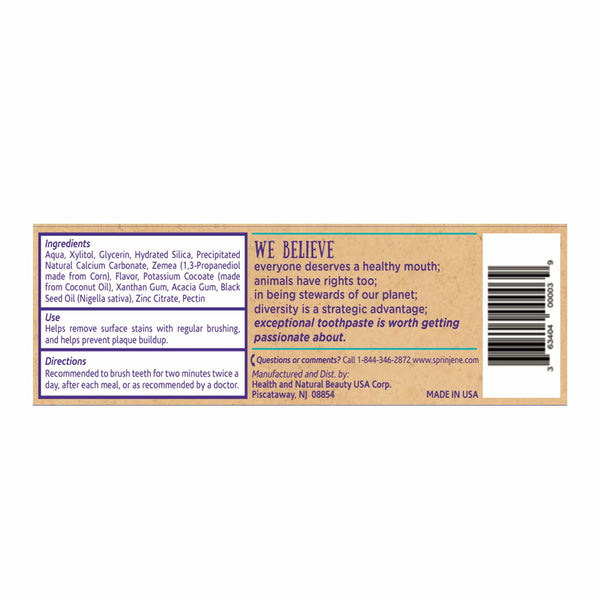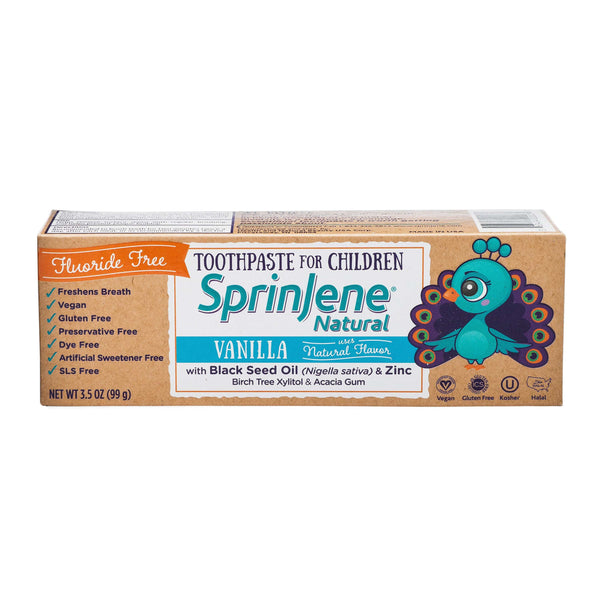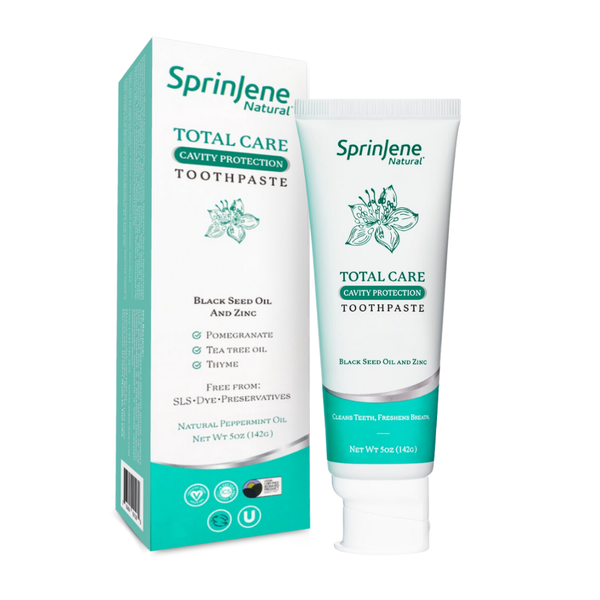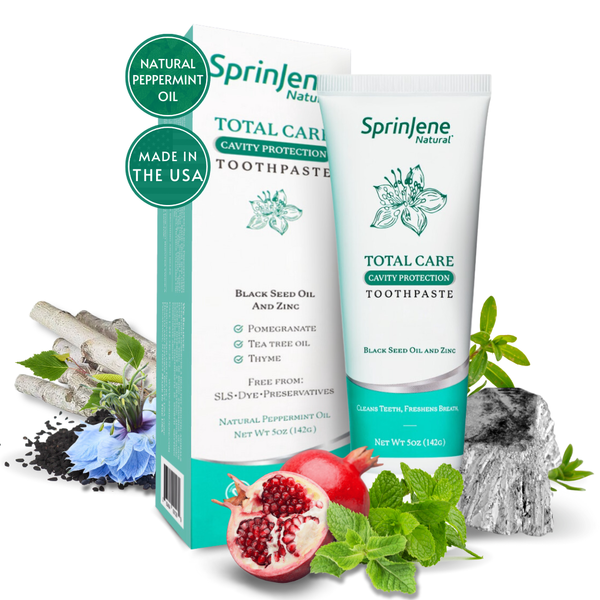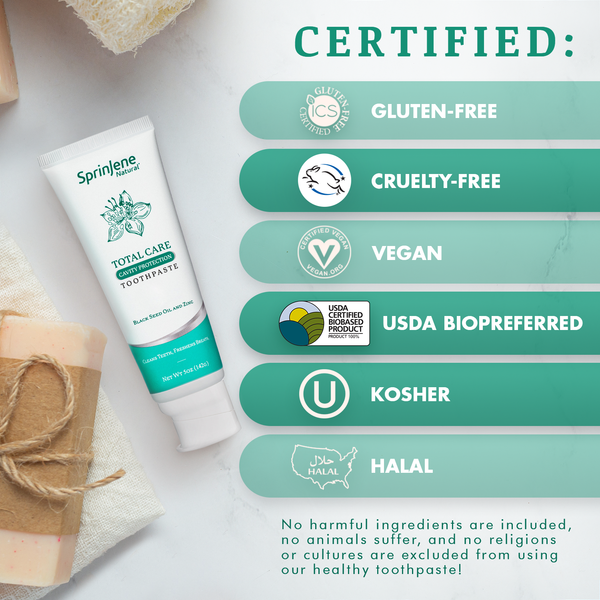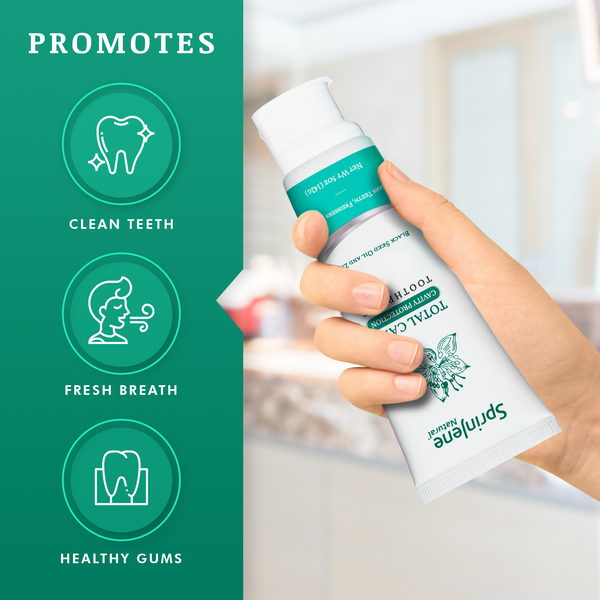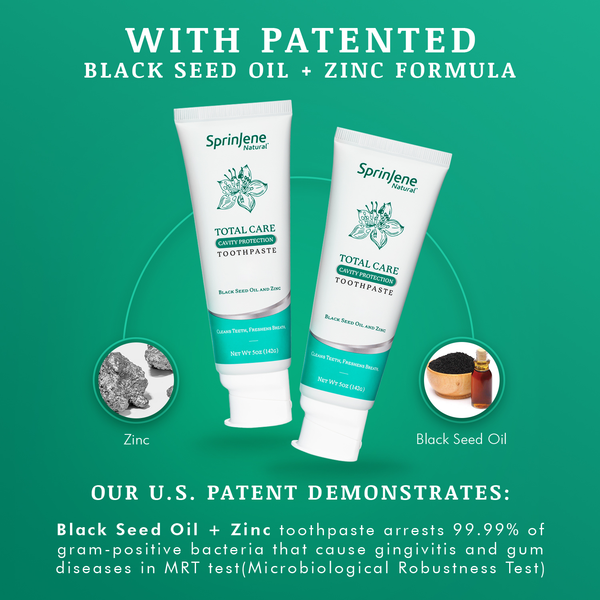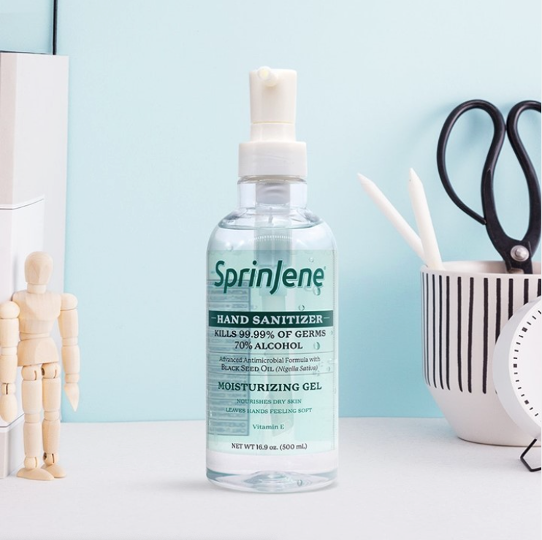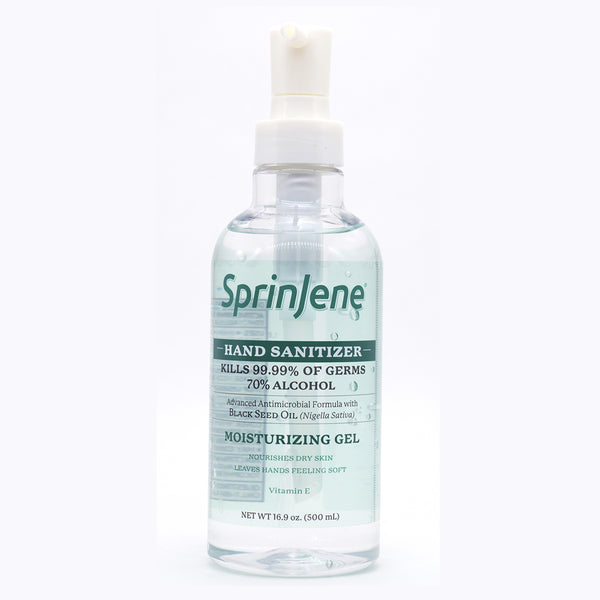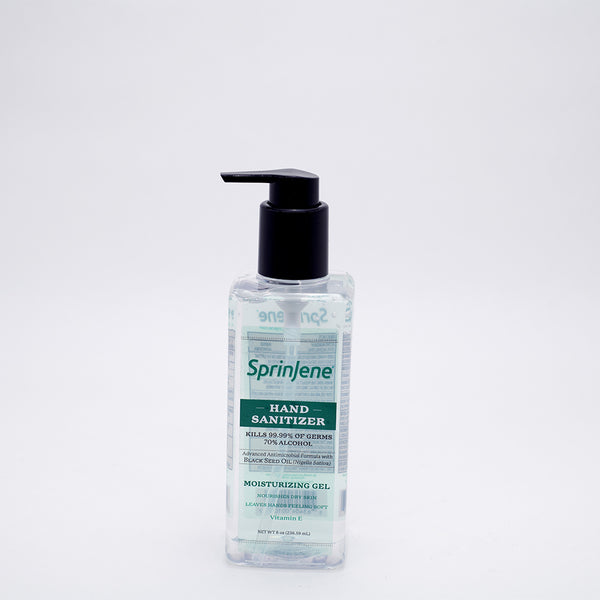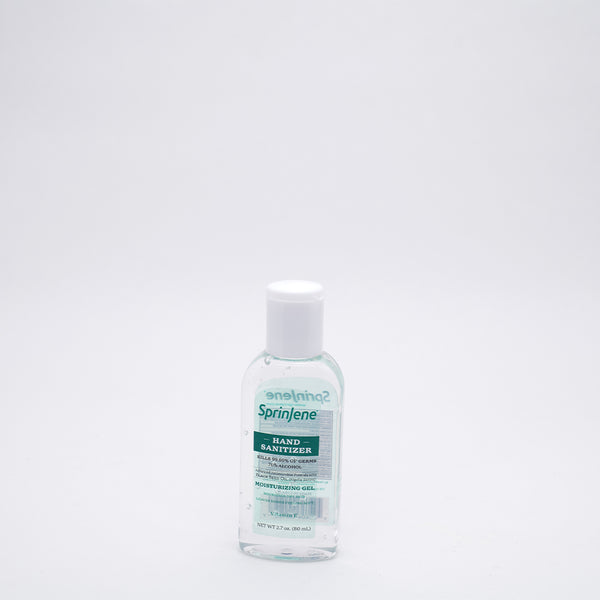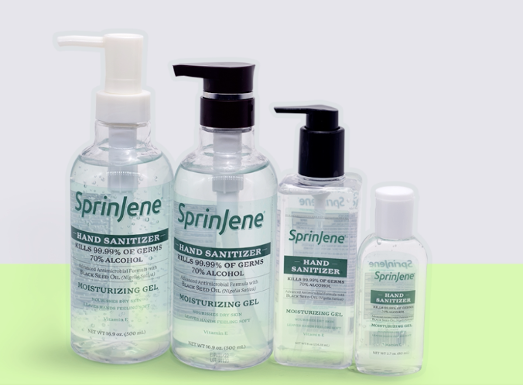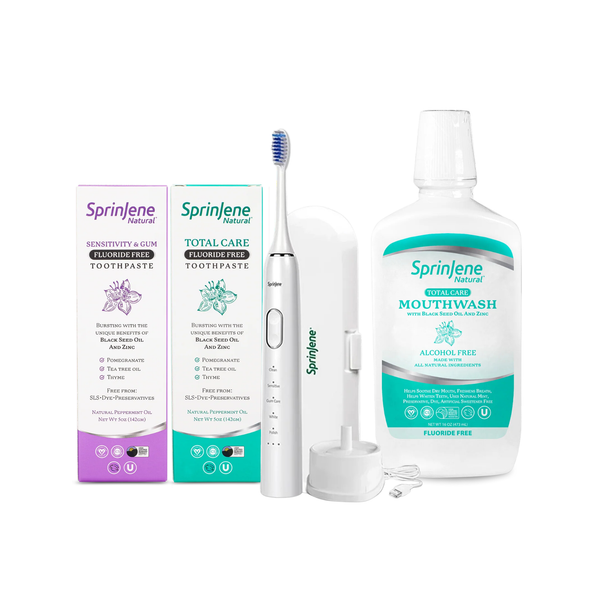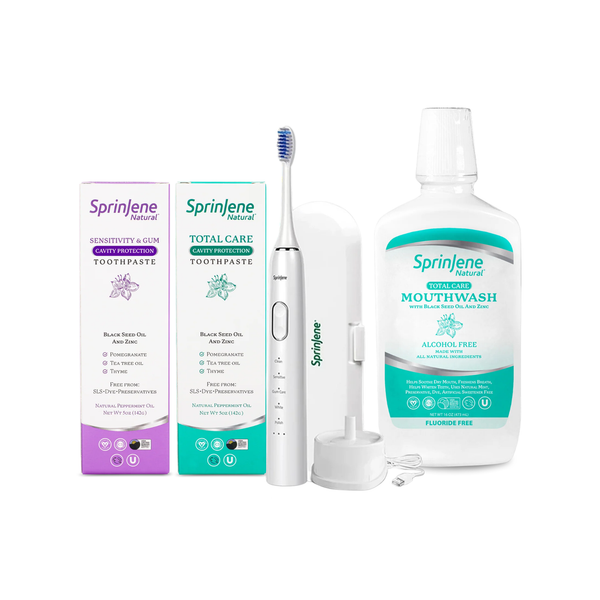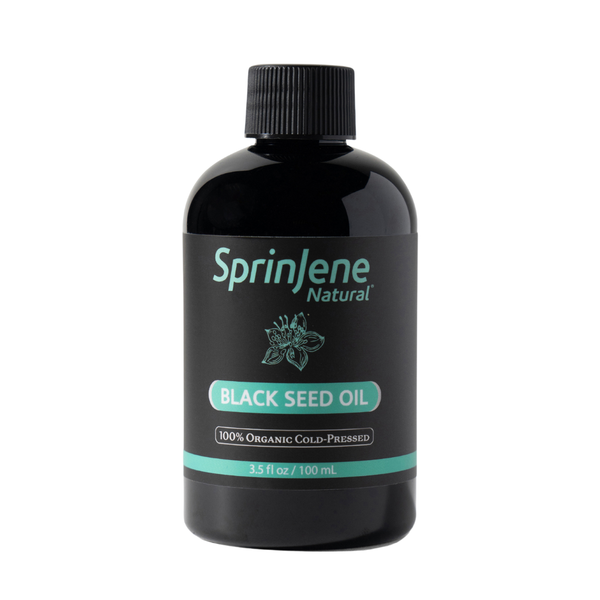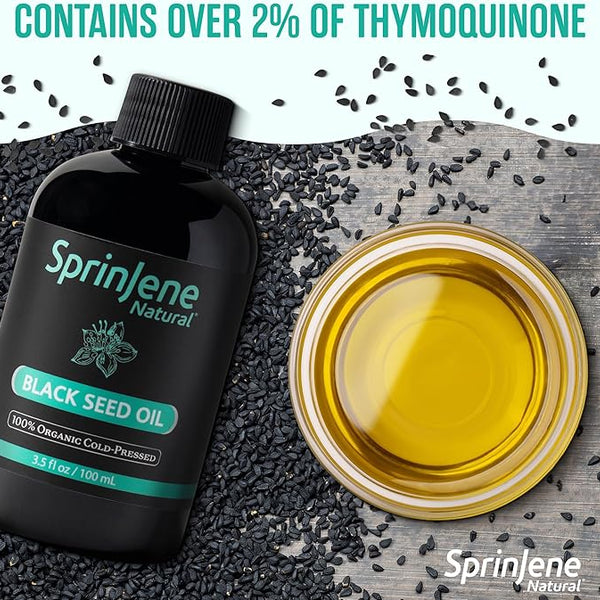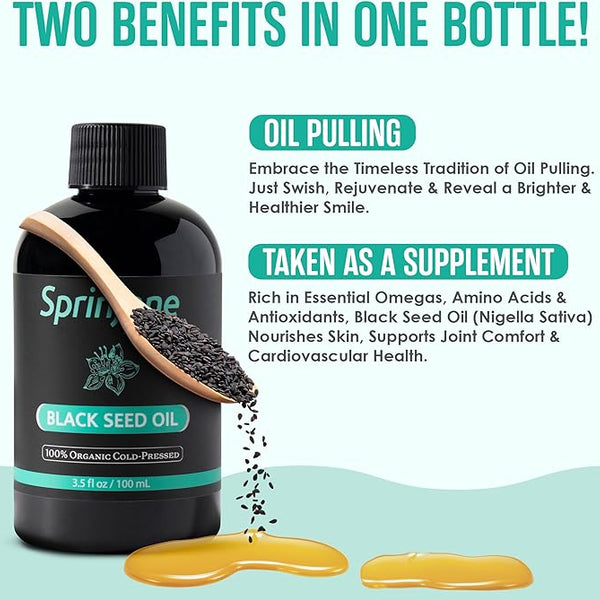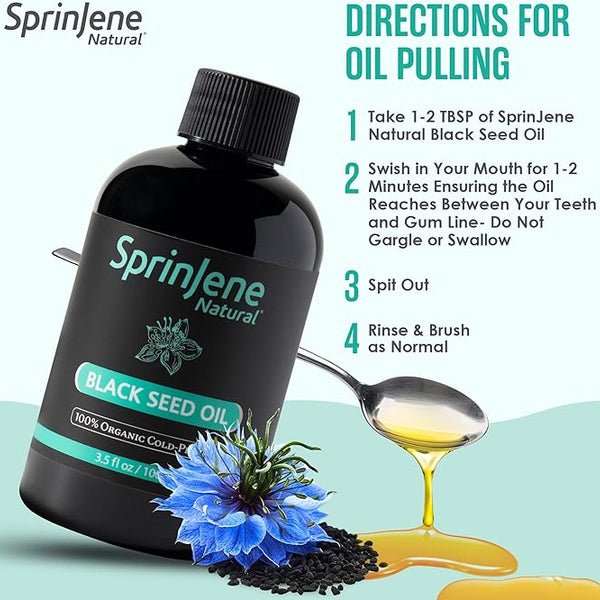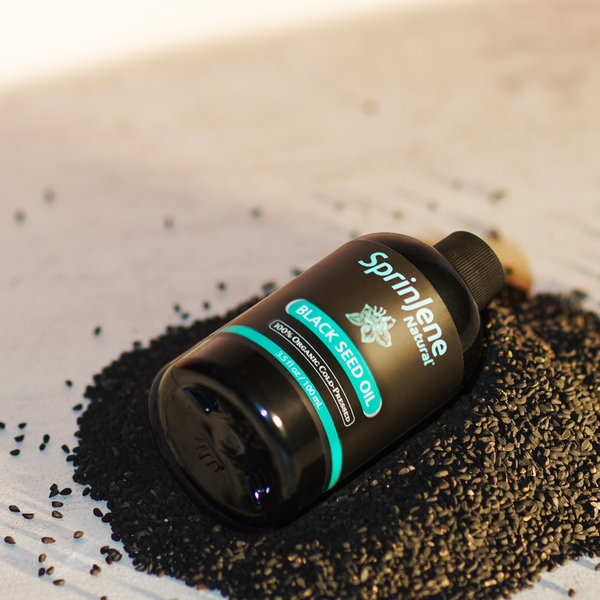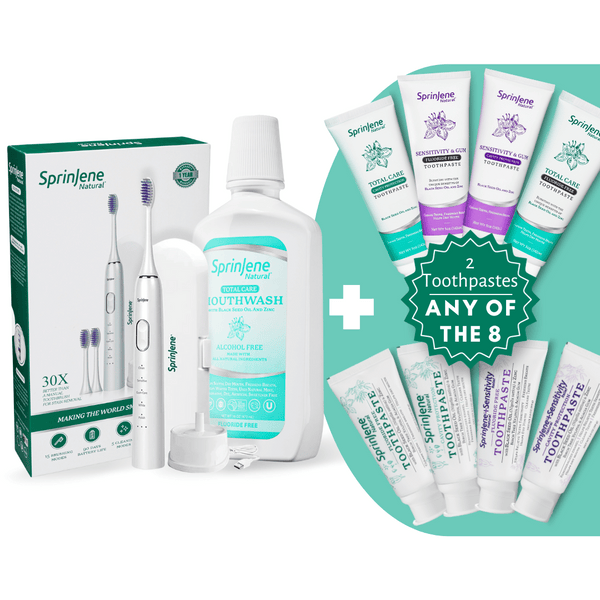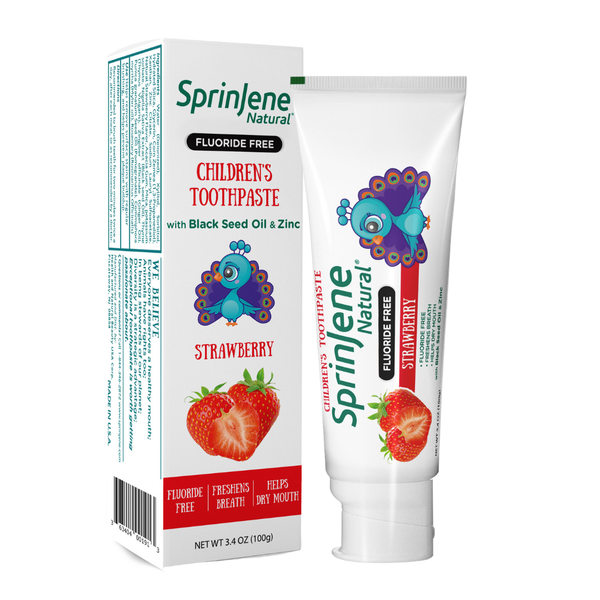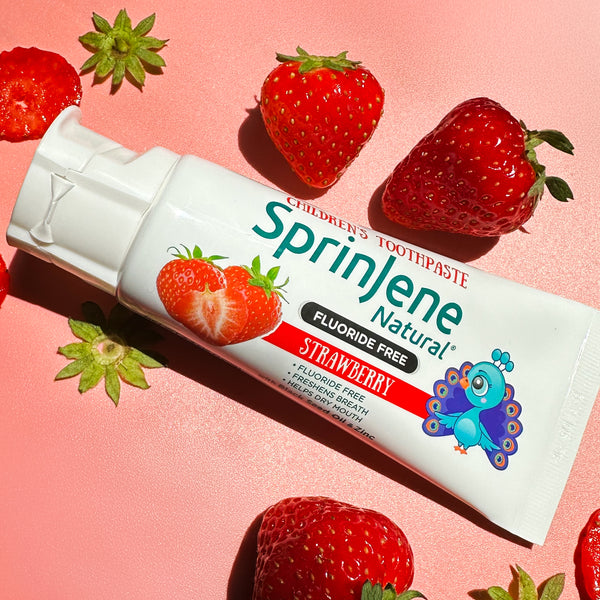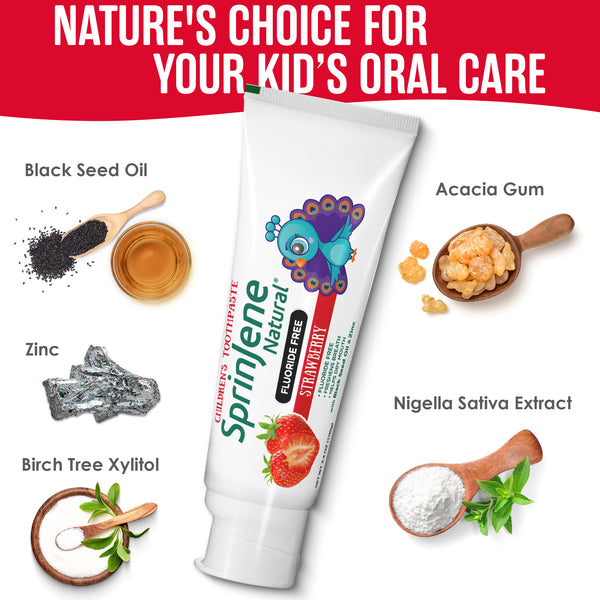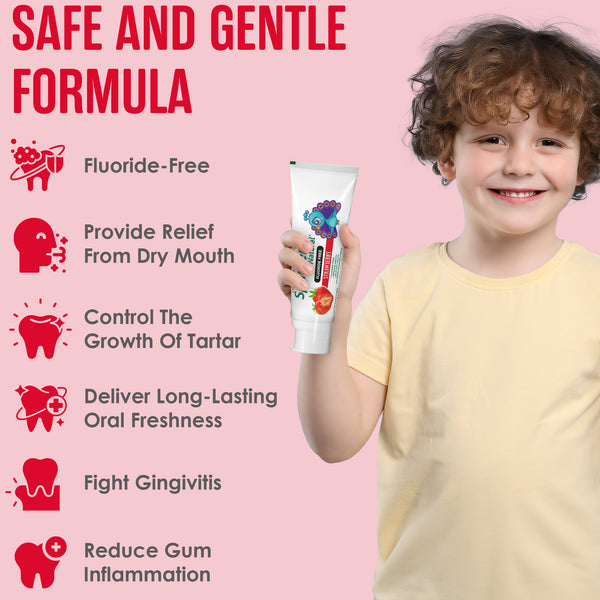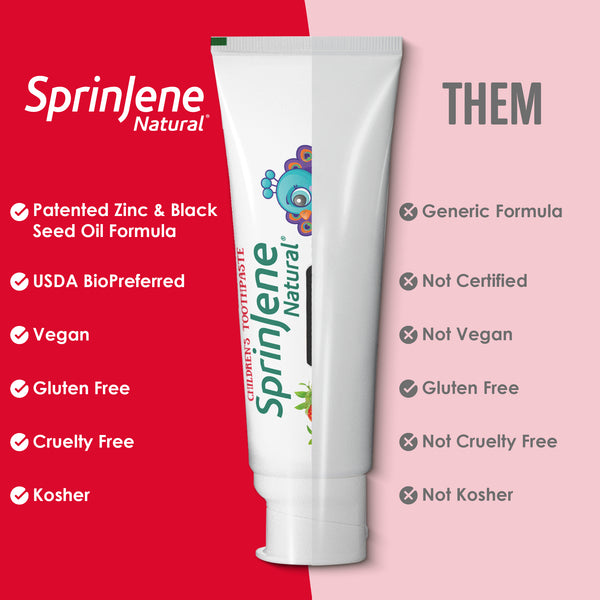
What Is Flossing?
After tooth brushing, dentists recommend that the next important oral hygiene practice is flossing between your teeth.
Flossing is done by using a piece of floss. This is a piece of thin waxed string to clean between your teeth and around the gum line.
Flossing is important because it cleans plaque and food particles from in-between teeth and the gum line. These are places your toothbrush really can't reach. Some dentists go as far as to say flossing is just as important as brushing, although it's ok to do it once a day, as opposed to at least twice a day recommended for your toothbrush. Certain tooth pick sticks also come with a bristled end called ‘flossers’ nowadays.
According to a statement by the U.S Department of Health and Services ‘Cleaning between teeth with floss and the use of other tools such as interdental brushes is an important oral hygiene practice and, along with professional cleanings and tooth brushing, has been shown to disrupt and remove plaque’
According to the American Dental Association:
- Interdental cleaning helps remove food debris and interproximal dental plaque. This is the plaque that collects between two teeth; dental floss and other interdental cleaners help clean these inaccessible tooth surfaces and reduce the likelihood of gum disease and tooth decay.
- Use of an interdental cleaner (like floss) is an essential part of taking care of your teeth and gums; the U.S. Department of Health and Human Services reaffirmed flossing as "an important oral hygiene practice" in an August 2016 communication to the ADA.
The Importance of Flossing
A review of 12 studies found that people who brushed and flossed regularly were less likely to have bleeding gums. It was also observed that they had decreased levels of gum inflammation too.
“Food that’s left between teeth causes gum inflammation and eventually tooth decay. Flossing is the only way to remove it. A toothbrush can’t get in between teeth,” says dentistry professor Sivan Finkel, DMD, of New York University College of Dentistry. In fact, many dentists and periodontists have said that the reason they recommend flossing isn’t because of research alone but because of the results that they see in their patients.
“In my practice, it’s clear that people who floss daily have healthier gums and keep their teeth longer,” says Dentistry professor Sivan Finkel, DMD, of New York University College of Dentistry. “In fact, patients who have early-stage cavities often reverse that decay by flossing daily as well as brushing and maintaining good oral hygiene.”
The best part is that it takes less than a minute to floss and there’s literally no downside to doing it. But if you skip it, sooner or later you’ll be visiting your dentist and will have to face the consequences!
Flossing Instructions:
- Break about about 18 inches of floss and wind it around one of your middle fingers, with the rest wound around the opposite middle finger.
- Hold the floss taut between the thumbs and forefingers of both hands and gently insert it between the teeth.
- Curve the floss into a “C” shape against the side of the tooth.
- Rub the floss gently up and down, keeping it pressed against the tooth. Don’t jerk or snap the floss. Pull the floss back and forth as well.
- Repeat the steps as you move from tooth to tooth, not forgetting the back of your teeth. With each tooth use a new clean section of the floss.
Oral Hygiene Maintenance
The Association also released a statement emphasizing on maintenance on oral health, which include "brushing for two minutes, twice a day with a fluoride toothpaste, cleaning between teeth once a day with an interdental cleaner and regular dental visits advised by your dentist." The ADA also stated that interdental cleaners, including floss, "are an essential part of taking care of your teeth and gums."
Natural Toothpaste
A good tooth paste goes a long way in preventing dental caries and helping to maintain good oral hygiene. There are many tooth pastes available in the market but one specific tooth paste which is especially extraordinary is SprinJene Natural Toothpaste. Not only does it possess the cleaning and disinfecting properties of commercial tooth paste but it does all that along with being completely Natural and chemical free.
This makes it an ideal oral product for you and your entire family!
- SprinJene Natural Toothpaste has a range of specialty tooth pastes that are made especially to aid in each of these areas:
- Cavity protection
- Original white boost
- Sensitivity relief
- Fresh boost
- Health boost All of the ingredients present in SprinJene are complete safe and natural, without any side effects. They have undergone various research studies which have proven their innumerable benefits in being:
- Anti-cavity
- Anti-plaque
- Anti-bacterial
- Immune boosting
With natural mint and clove flavors that give our Adult Cavity Protection a fantastic boost of flavor and freshness at the same time. But SprinJene is about more than healthy teeth, it’s about using only quality natural ingredients.
Patented Zinc and Black Seed Oil Formula!
SprinJene Natural Cavity Protection Toothpaste features a patented formula with zinc and black seed oil, along with “good for you” ingredients like coconut oil, clove extracts, birch tree xylitol, and acacia gum. This patented natural toothpaste formula can help to:
- Provide relief from dry mouth.
- Control the growth of tartar.
- Deliver long-lasting oral freshness.
- Fight gingivitis (gum disease).
- Reduce gum inflammation.
Picking the right toothpaste can be difficult, but it’s an important first step in your oral hygiene routine.




